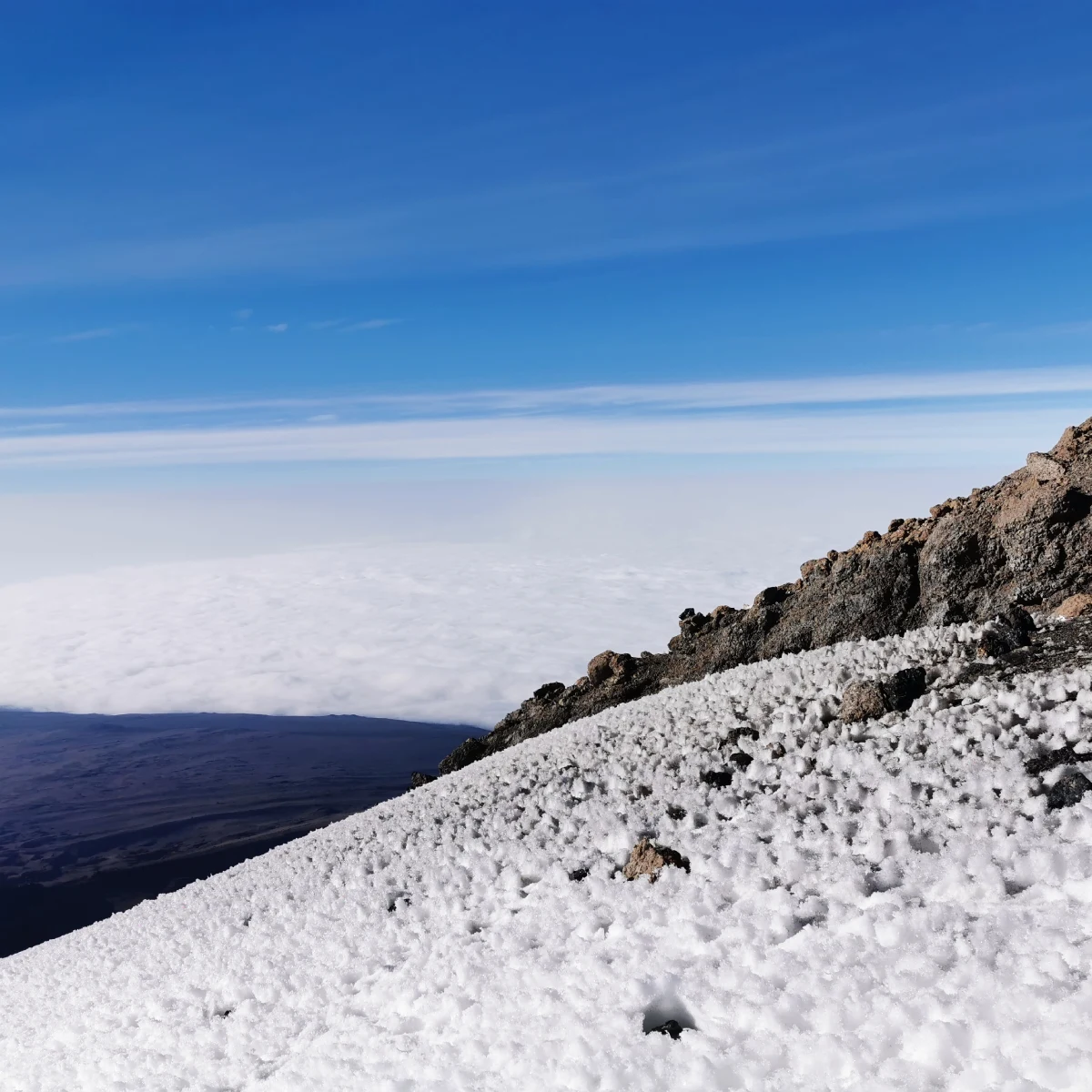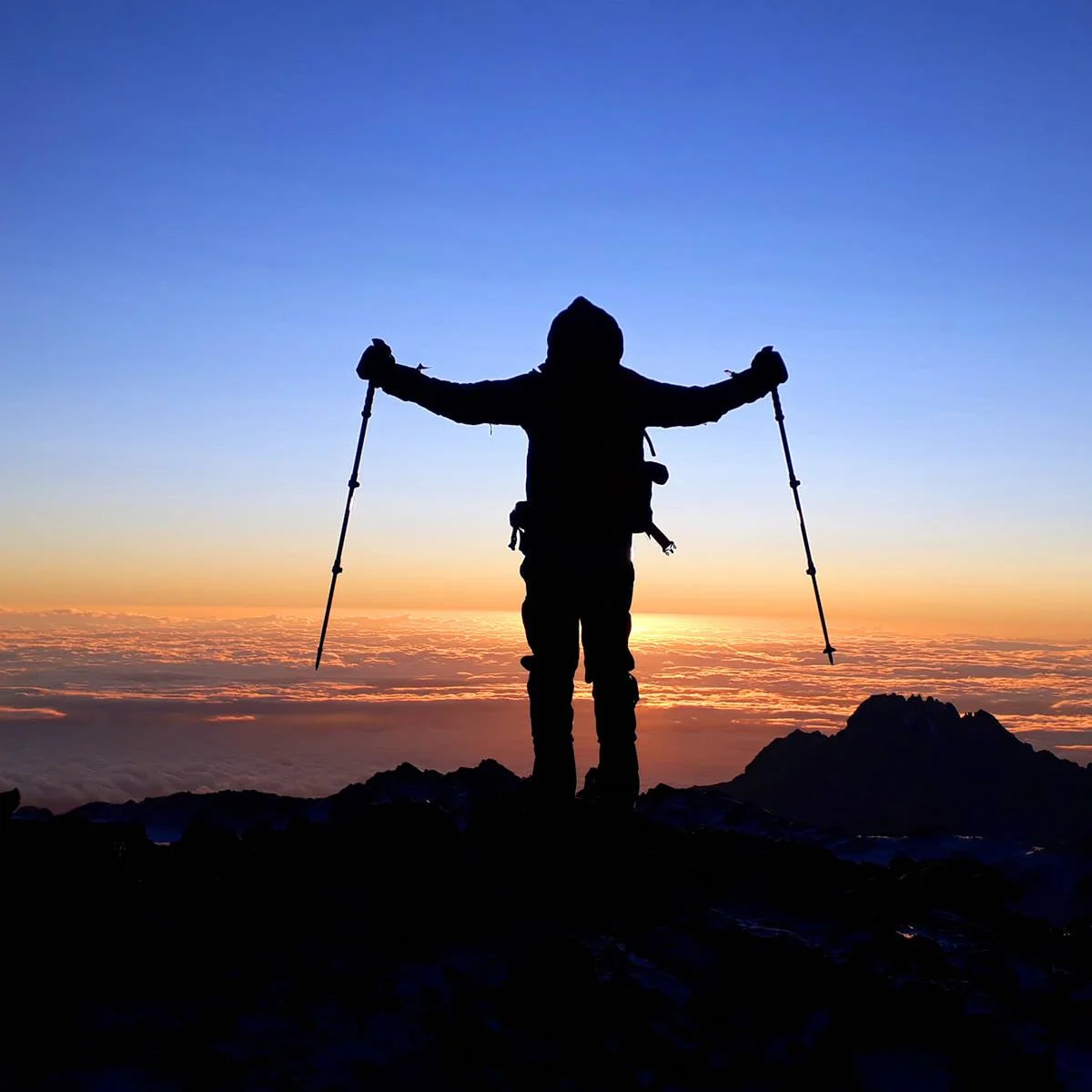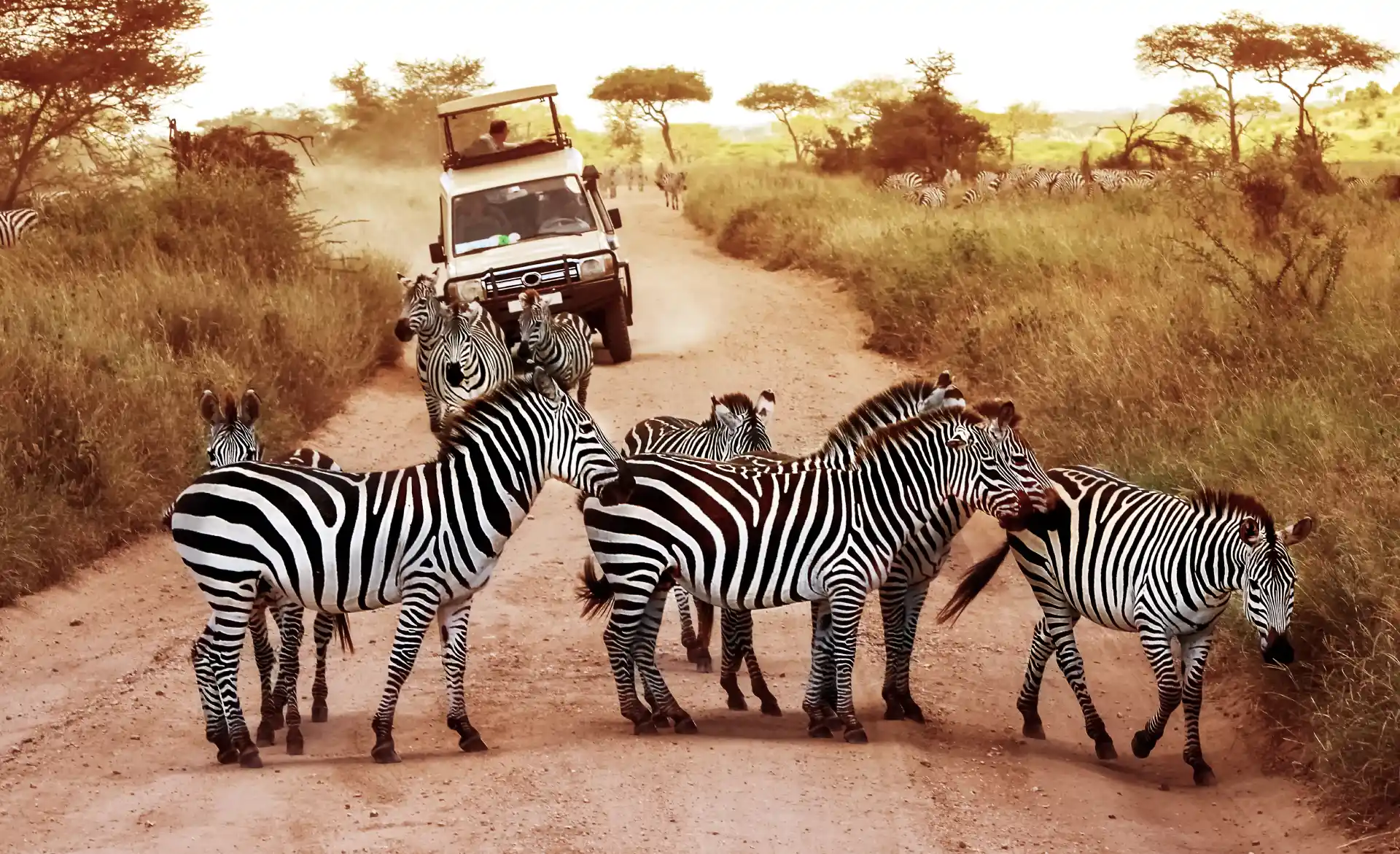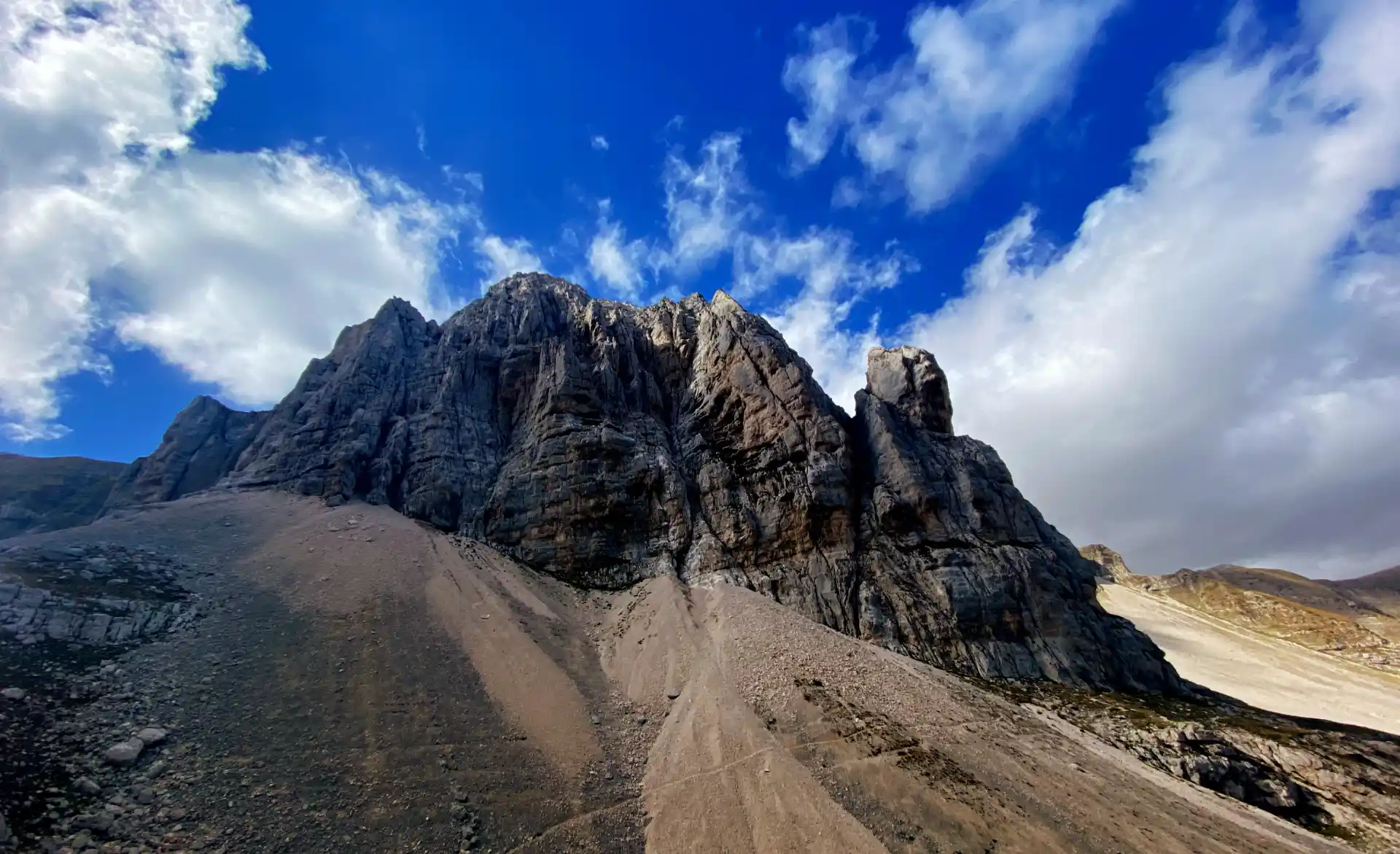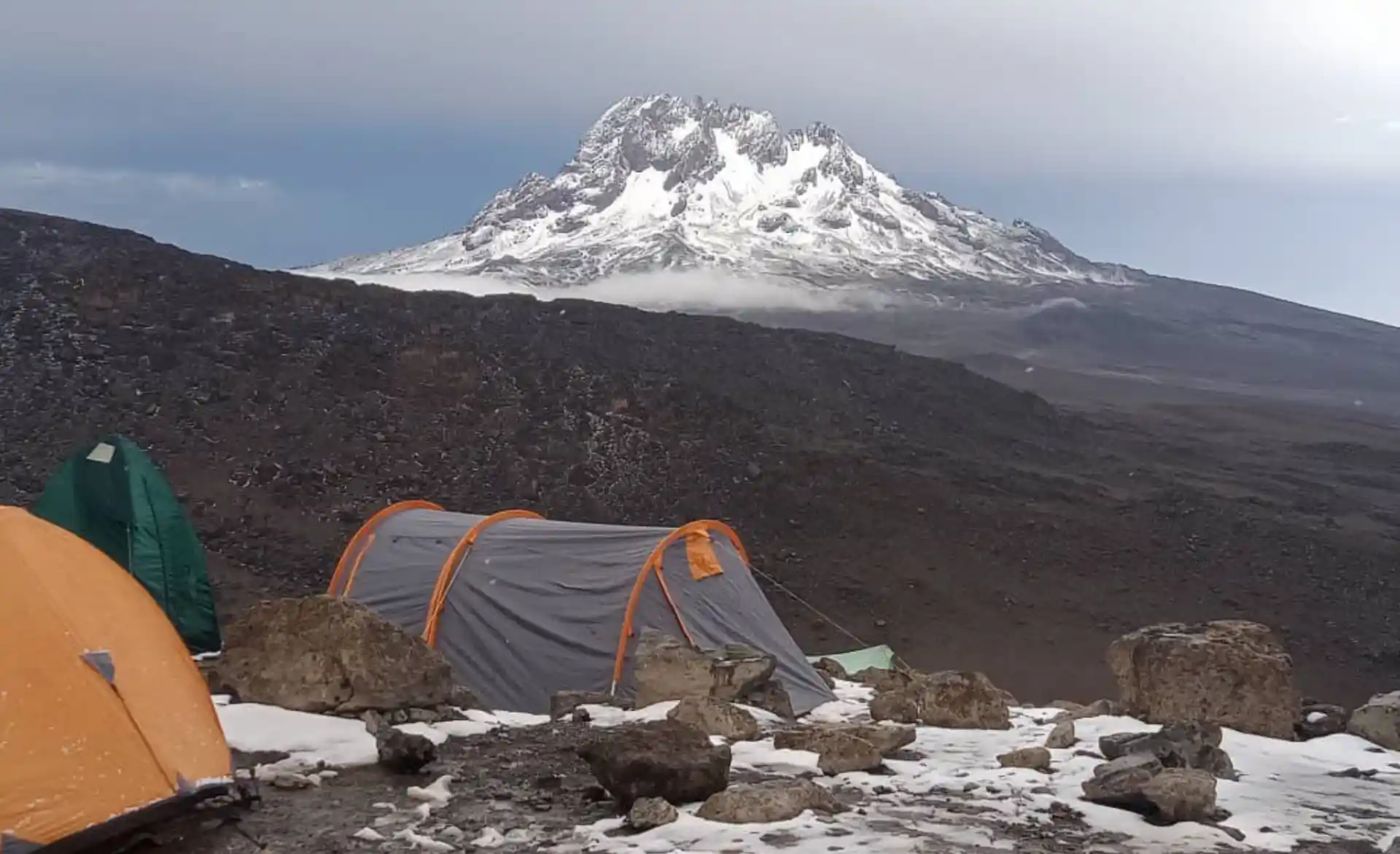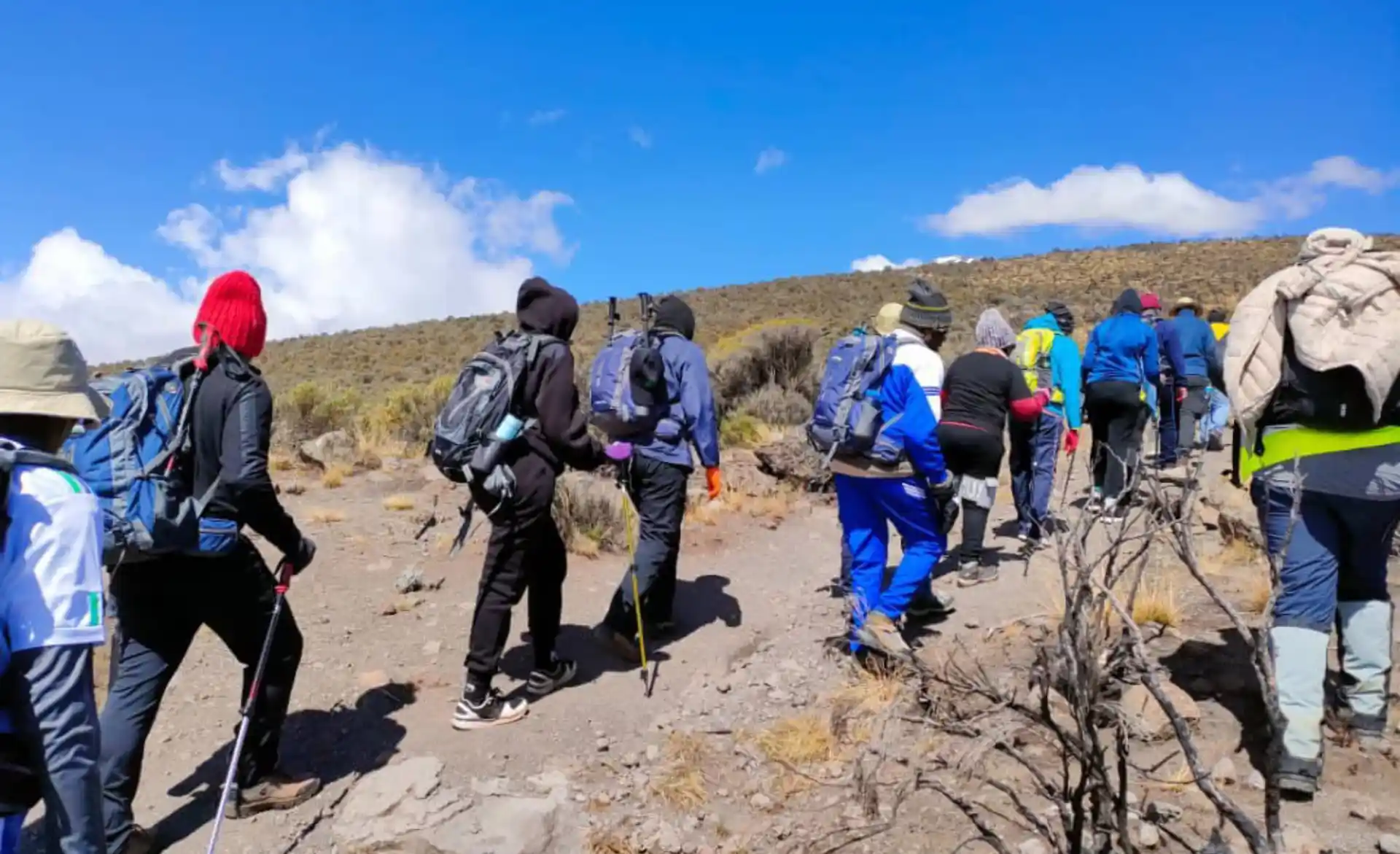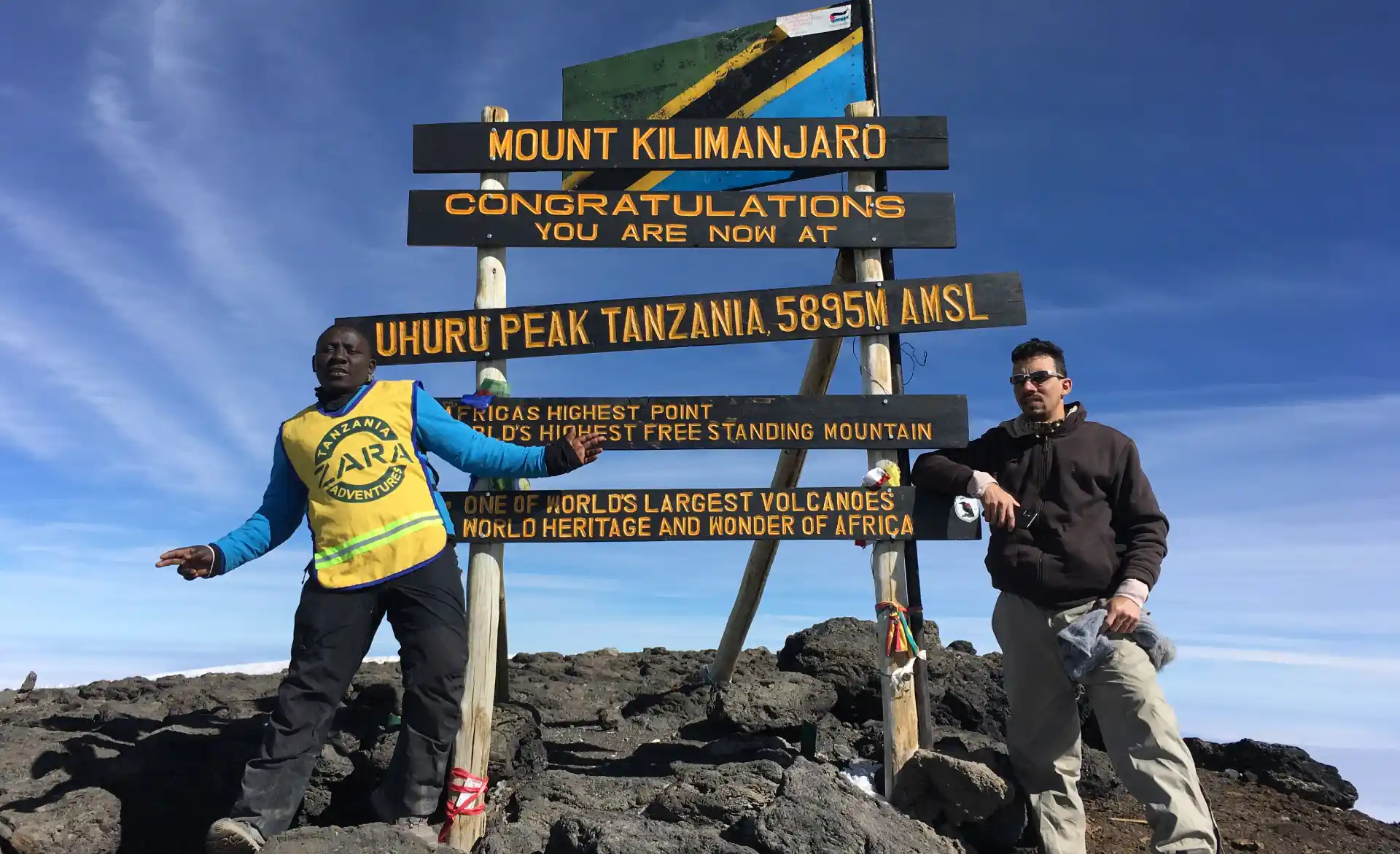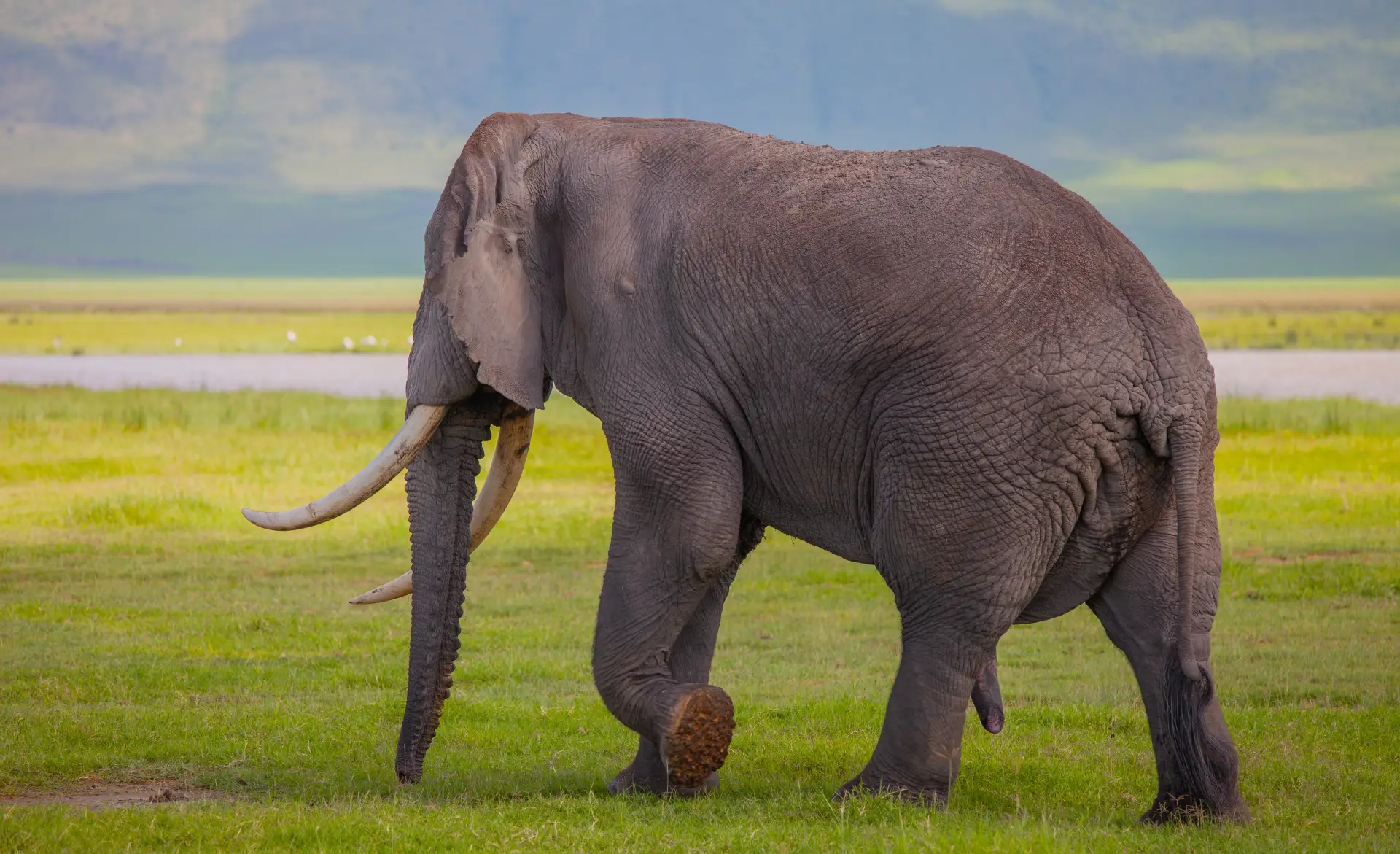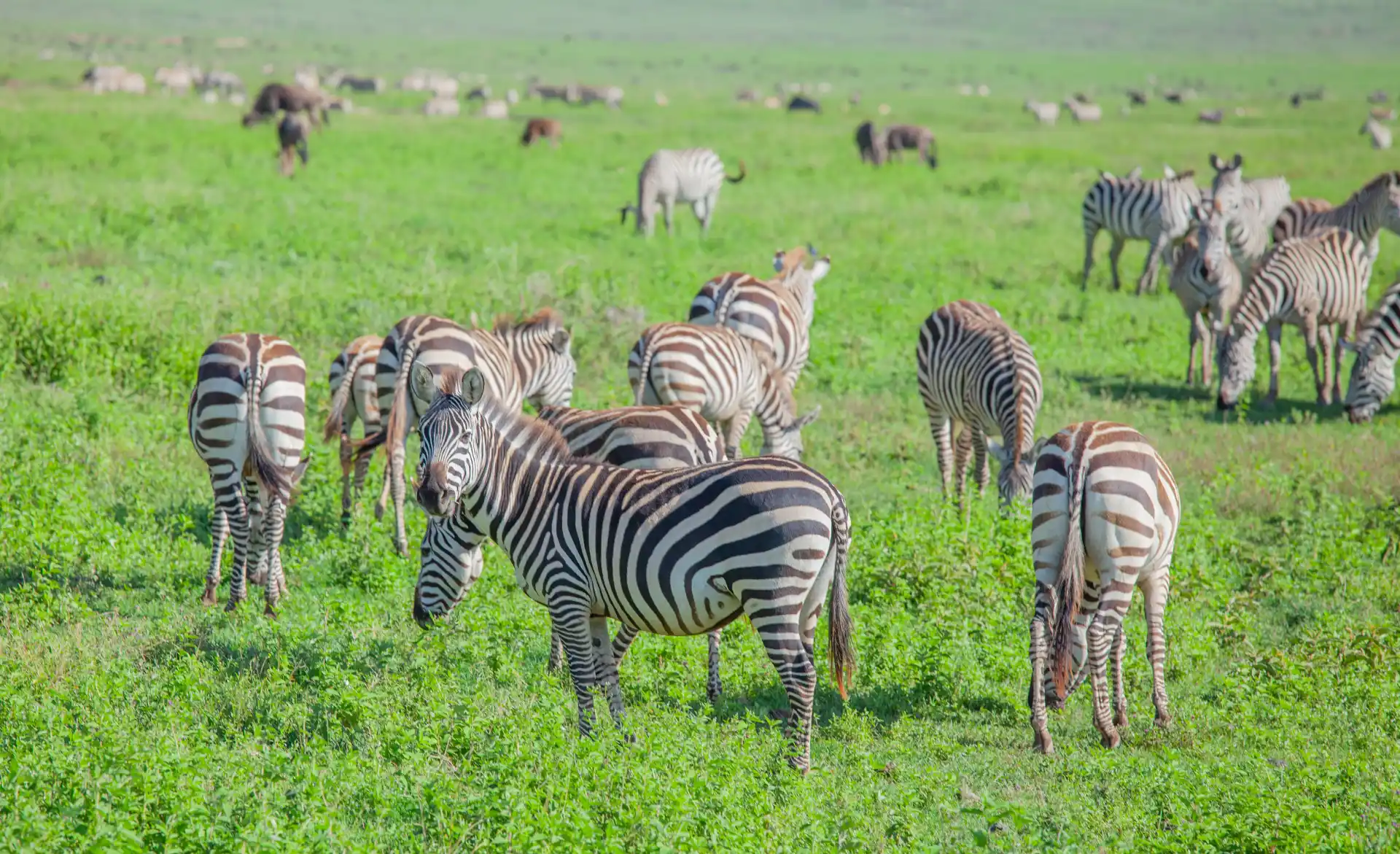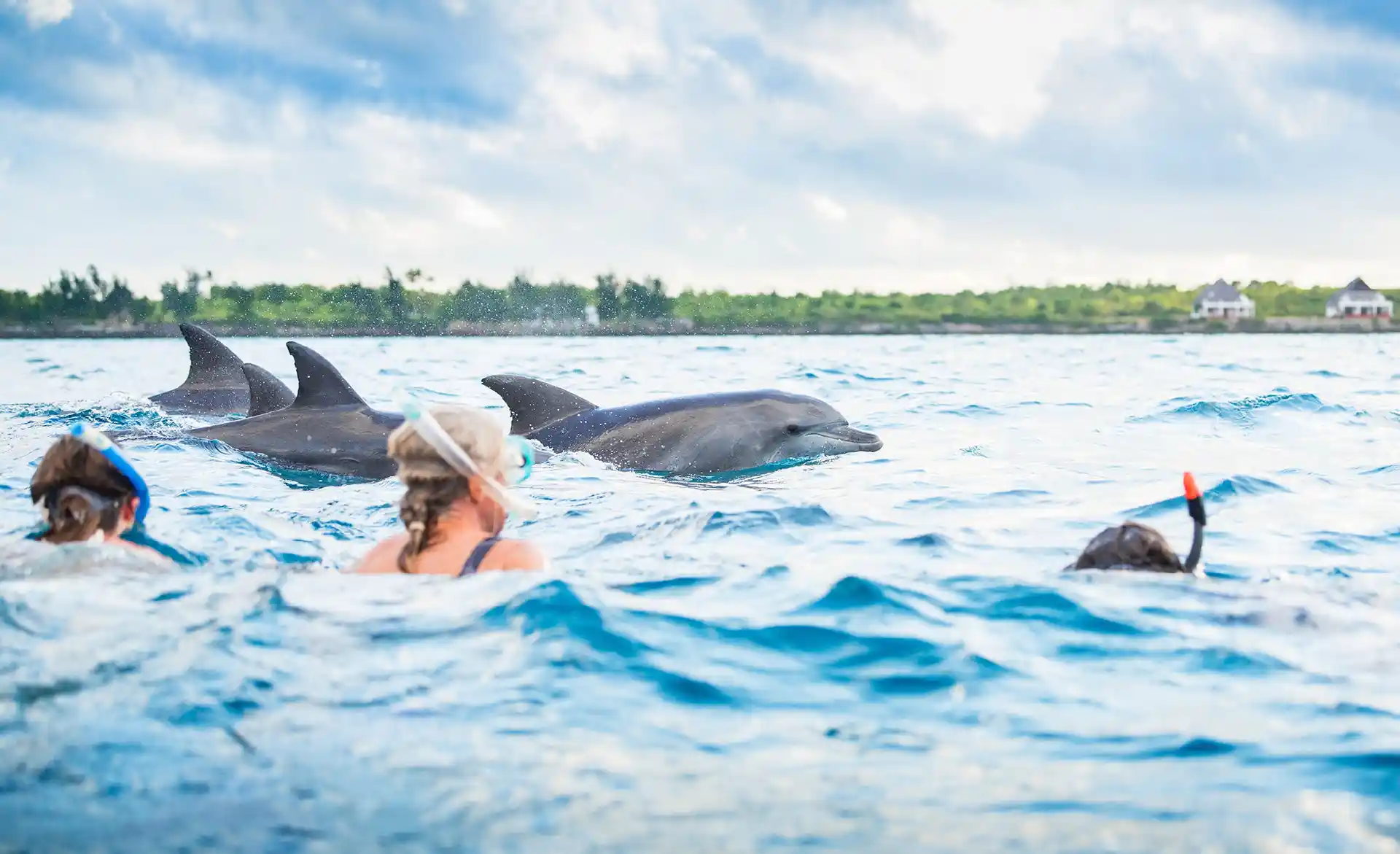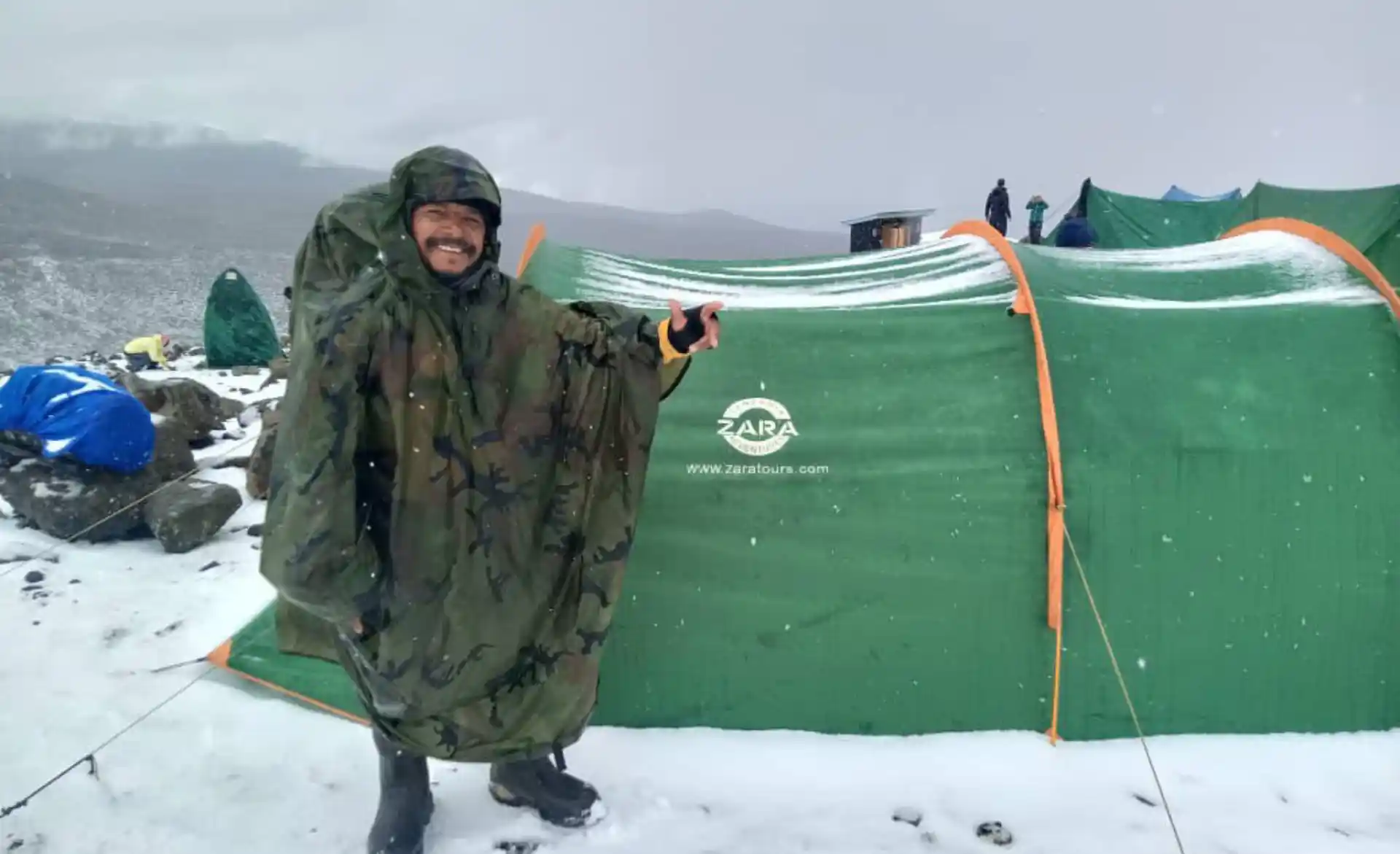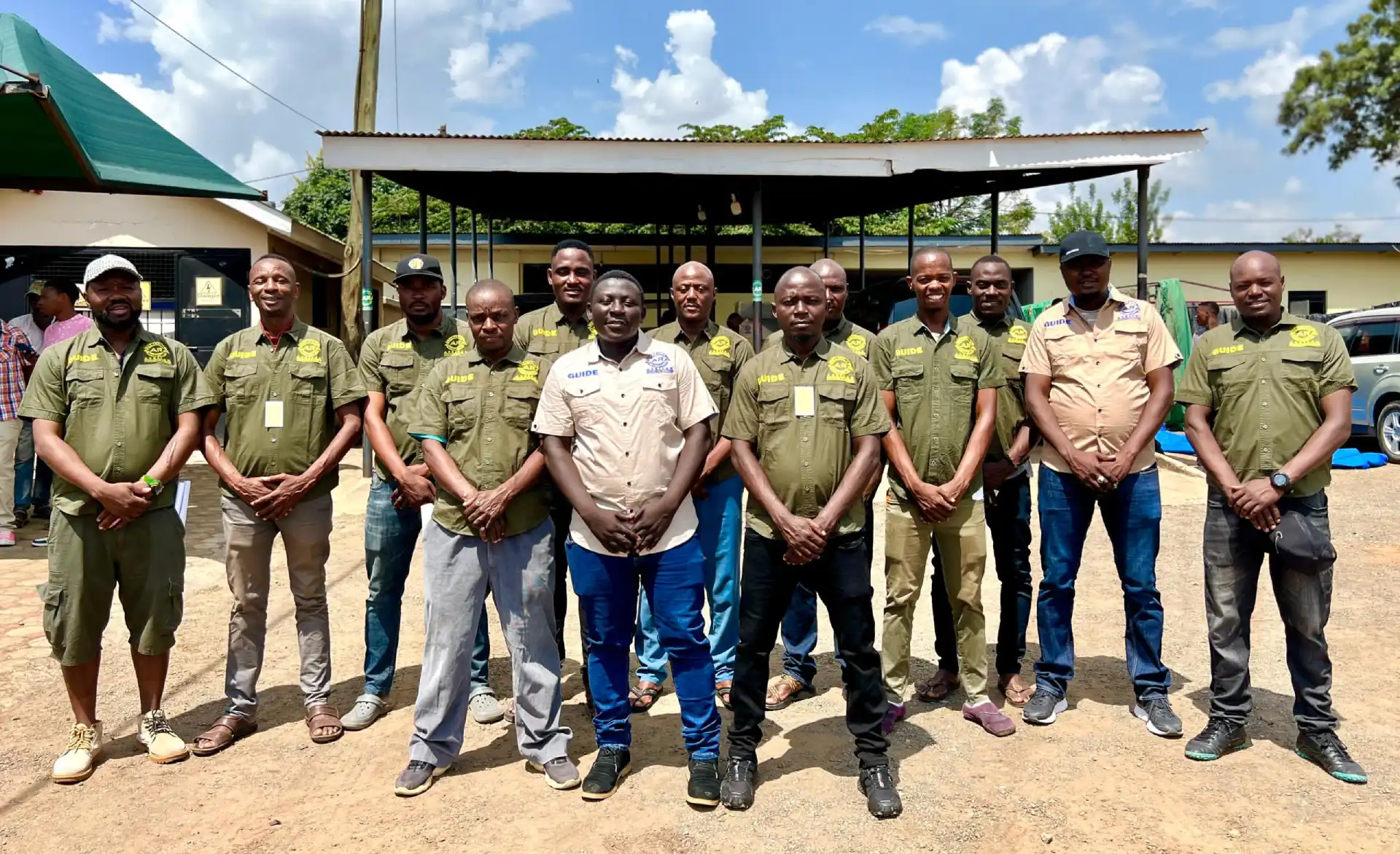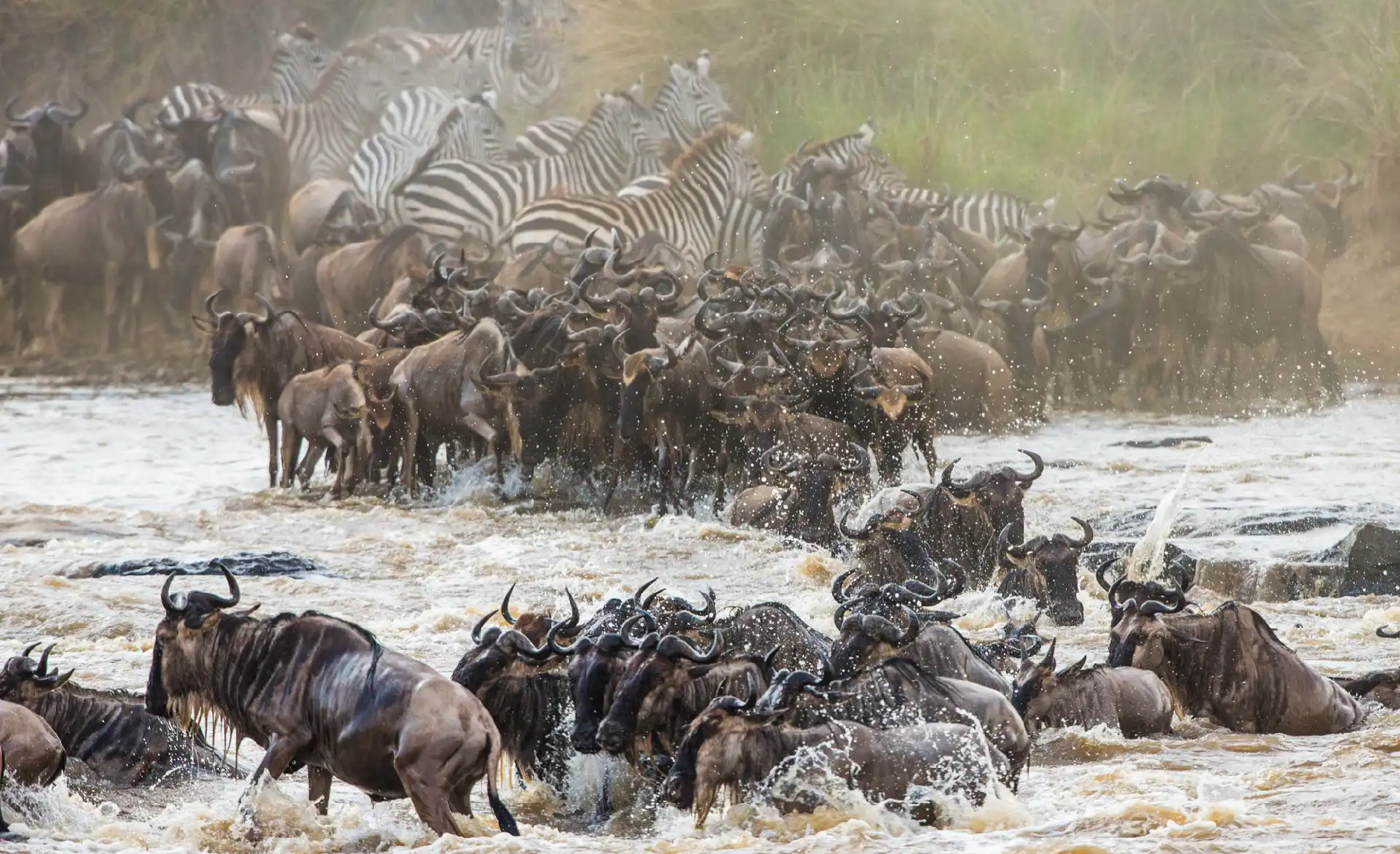Is altitude sickness a concern when climbing Mount Kilimanjaro?
Mount Kilimanjaro, Africa’s highest peak, beckons adventurers worldwide with its awe-inspiring ascent. While the journey to the summit promises thrills, it also poses challenges, with altitude sickness emerging as a notable concern. This article delves into the potential impact of altitude sickness during the climb and offers crucial insights to ensure climbers embark on a safe and gratifying expedition.
UNDERSTANDING ALTITUDE SICKNESS:
Altitude sickness, or acute mountain sickness (AMS), arises when individuals ascend rapidly to high elevations, preventing the body from acclimating to reduced oxygen levels. Kilimanjaro, standing tall at 19,341 feet (5,895 meters), presents a significant altitude hurdle, making climbers susceptible to AMS.
SYMPTOMS OF ALTITUDE SICKNESS:
AMS manifests in diverse ways, ranging from mild to severe symptoms. Common indicators include headaches, nausea, dizziness, fatigue, shortness of breath, and disrupted sleep. Severe cases may lead to high-altitude pulmonary edema (HAPE) or high-altitude cerebral edema (HACE), necessitating immediate medical attention.
ACCLIMATIZATION ON MOUNT KILIMANJARO:
To mitigate altitude sickness risks, Kilimanjaro climbers follow meticulously planned itineraries featuring gradual ascents and acclimatization days. Popular routes such as Machame or Lemosho offer ample time for adjustment, enhancing the likelihood of a successful summit.
PREVENTIVE MEASURES:
Several measures can diminish the likelihood of altitude sickness during the Mount Kilimanjaro climb:
Hydration: Maintaining adequate hydration is pivotal at high altitudes. Climbers should consume ample water throughout the ascent to facilitate adaptation.
Physical Fitness: Optimal physical condition before the climb improves the body’s resilience to the rigors of high-altitude trekking.
Medication: Some climbers choose to use drugs like acetazolamide (Diamox) to prevent altitude sickness, but consultation with a healthcare professional is imperative before usage.
Proper Nutrition: A balanced diet rich in carbohydrates provides the energy required for the climb and aids in acclimatization.
While altitude sickness looms as a concern on Mount Kilimanjaro, meticulous preparation, adherence to safety protocols, and a focus on acclimatization significantly reduce risks. Aspiring climbers should prioritize their well-being, recognize altitude-related symptoms, and take necessary precautions, ensuring a secure and memorable expedition to Africa’s “Roof of Africa.” With proper readiness, conquering Mount Kilimanjaro becomes an enriching adventure to cherish.
